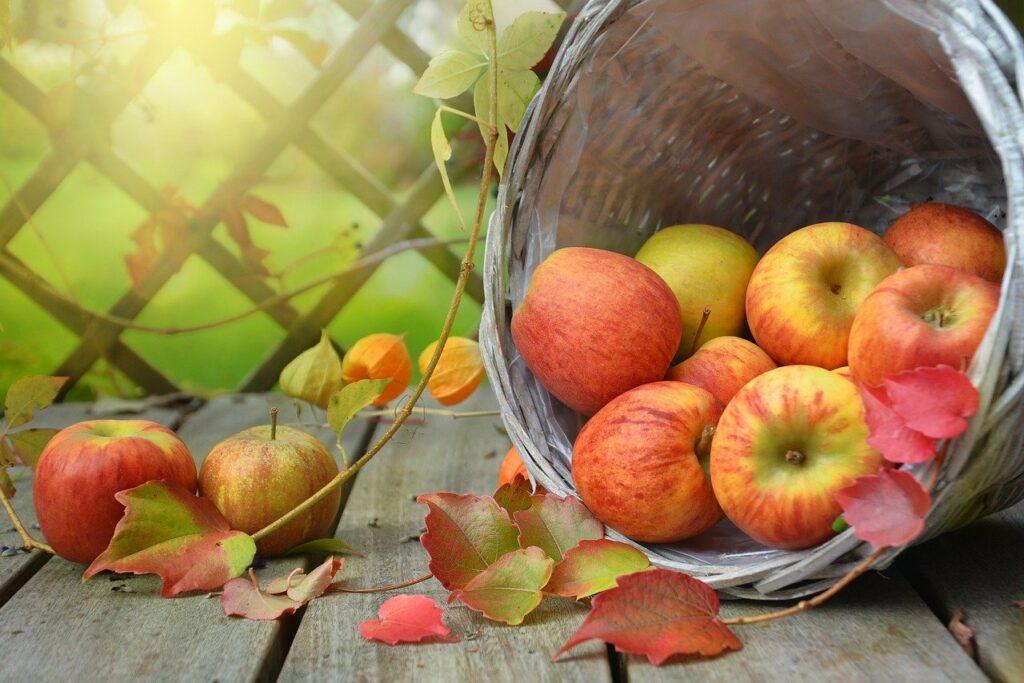Halloween Treats Do’s and Don’ts
Fido is no dummy. When he sees you dropping a sweet goody into the pumpkins of the trick or treaters, or he watches as they pop it into their mouths, he will naturally want in on this action. Now, this is a game he can really get into. He’ll use every trick in his playbook to tempt you into giving him what you just gave those kiddos. He’ll look at you with those big brown pleading eyes.
Don’t you dare give in! Candy in any form is NOT good for him. It’s unhealthy for dogs. And one of the biggest offenders is chocolate – milk, white or dark chocolate. However, the most dangerous chocolate is dark and unsweetened baking chocolate. They all contain caffeine and theobromine, which are poisonous to dogs. If the candy happens to include macadamia nuts, it’s a double whammy. A huge no-no for dogs, as these particular nuts, can cause uncomfortable symptoms.
Don’t ever give your dog any candy or anything else, for that matter, made with xylitol. It’s a non-caloric sweetener used in sugar-free gum, candy, and baked goods, and it can be DEADLY! Xylitol doesn’t affect humans’ blood sugar levels but is highly dangerous for dogs. It causes more insulin to circulate through the dog’s body, which lowers blood sugar and can lead to liver failure. In other words, stay away from ALL candy. Real sugar candy may lead to dental issues, obesity, and the onset of diabetes, just like in humans.
If you feel the need to give your pup some snacks on Halloween, make sure they’re healthy ones. If you bake them the day before or the morning of Halloween, he’ll get a whiff of his special treats and want to gobble them all up. Limit the number of treats you give him, so he doesn’t end up with a tummy ache.
For recipes to make yummy homemade doggie treats, check out our Recipe of the Month. You’ll never go wrong with these goodies. They are people-grade food, so if your pup wants to share his cookie with your kids or grandkids, it absolutely okay.
Below are some acceptable replacements for candy that you can feel good about giving your dog.
(a) Slice fruit into small pieces. Good choices are apples, bananas, oranges, and pears; all cut into small pieces. Most dogs like melon, peaches, apricots, and plums. Be sure to remove ALL seeds, stems, pits, and leaves, as they can cause intestinal obstructions. Many of the pits contain cyanide, which is highly poisonous to dogs and humans, as well. Avoid grapes and raisins altogether. Even the smallest amount of these can make your dog extremely ill and quite possibly cause kidney failure.
(b) Vegetable snacks are terrific for your furry friend. Grate or finely chop zucchini, celery, or cucumber. He’ll also enjoy small pieces of cooked or boiled green beans, carrots, pumpkin, or potatoes (sweet or regular potatoes). Also, many dogs like raw carrots and string beans.
(c) Bite-sized pieces of chicken, turkey, or lean meats cooked or boiled. Remove all poultry skin and visible fat. Never feed him bacon, cooked bones, or fat trimmings. Fatty foods and fat trimmings can cause pancreatitis, and cooked bones can splinter and cause obstructions in his digestive system.
If you think your dog has eaten something toxic (or you’re not sure), always call your veterinarian. You can also call the ASPCA Poison Control Center at (888-426-4435). The ASPCA may charge a consultation fee.



